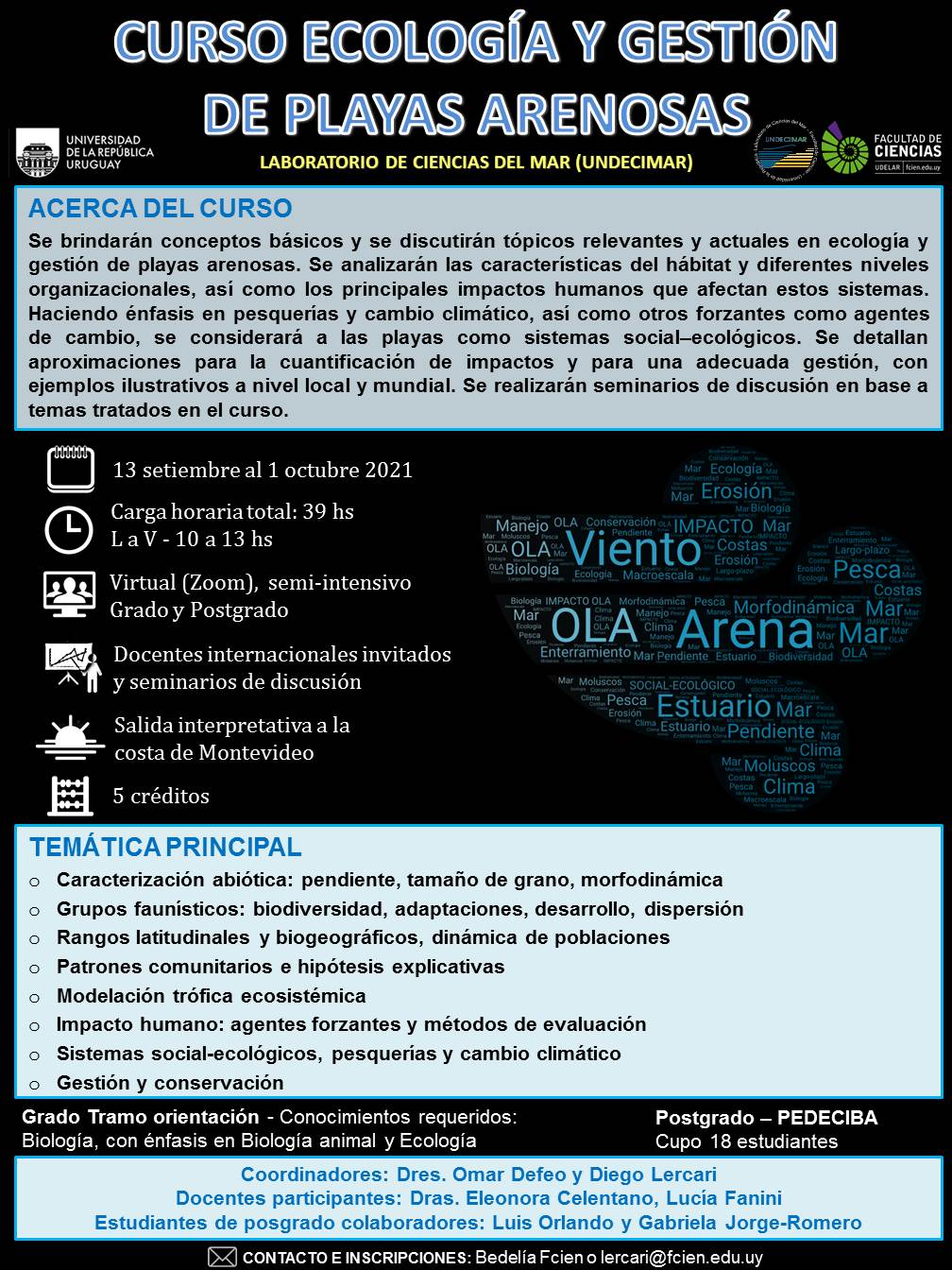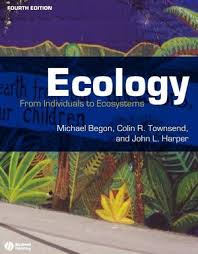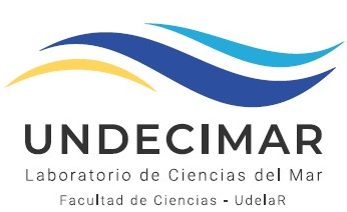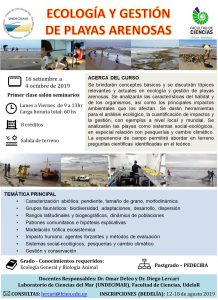
UNDECIMAR, provides teaching through curricular courses, associated with the Degree in Biological Sciences (Faculty of Science, Montevideo) and the Degree in Environmental Management (CURE, Rocha). At the postgraduate level, the unit participates in the PEDECIBA postgraduate degree in Biology, teaching courses and directing students.
Ecology and management of sandy beaches (2021)

General Ecology (2008-2021)

The General Ecology course is taught in the even semester (March to June) for the Degree in Biological Sciences and the Degree in Biochemistry, Faculty of Sciences, Montevideo. The course aims to introduce students to the basic aspects of ecological theory, while providing a historical perspective on the development of ideas, their evolution and current status. To this end, the course describes the origin, history, philosophy and link that ecology has with other natural and social sciences. Also, during the course, the theoretical framework is analyzed in relation to the philosophical principles on which the scientific method is based and the distinctive features that make ecology a scientific discipline are recognized.
At the end of the course, the student will understand the role of ecological theory as a source of knowledge and conceptual framework in understanding the patterns, processes and mechanisms involved in the regulation of the structure and dynamics of natural systems, as well as the relevant space and time scales. In addition, the student will recognize the role played by experimentation, observation and modeling as approaches used in ecology for the development of the discipline. Throughout the course, practical examples will be given in the modules corresponding to different organizational levels. Whenever possible, these will be treated within the framework of applied problems, such as resource management and conservation.
Ecology and management of sandy beaches (2019)
Framed in the Degree in Biological Sciences, this course provides advanced training in ecology and management of sandy beaches, emphasizing patterns, processes and mechanisms at different levels of biological organization, as well as in relation to the management of these coastal ecosystems. To this end, the course proposes to discuss relevant and current key concepts and topics in ecology and management of sandy beaches. In this sense, the course is considered as optional and of special interest for students in the Orientation Section.
During the course, basic characteristics of the habitat and different organizational levels are analyzed, as well as the main human impacts that affect these schemes. Emphasis is placed on fisheries and climate change, as well as other forces as agents of change, considering beaches as social-ecological systems. Approaches for the quantification of impacts and for adequate management will be detailed, with illustrative examples at local and global level. The realization of a field trip will allow to identify scientific questions identified in the theoretical classes.
Tools based on ecological theory will be provided as a conceptual framework for understanding the patterns, processes and mechanisms that characterize the structure and dynamics of sandy beaches as ecosystems. In addition, the course will provide tools to develop experimentation, observation and modeling, approaches usually used in ecology and management of sandy beaches. Throughout the course, several case studies will be analyzed, which will allow developing capacities for solving ecological and management problems in the mentioned ecosystem.

